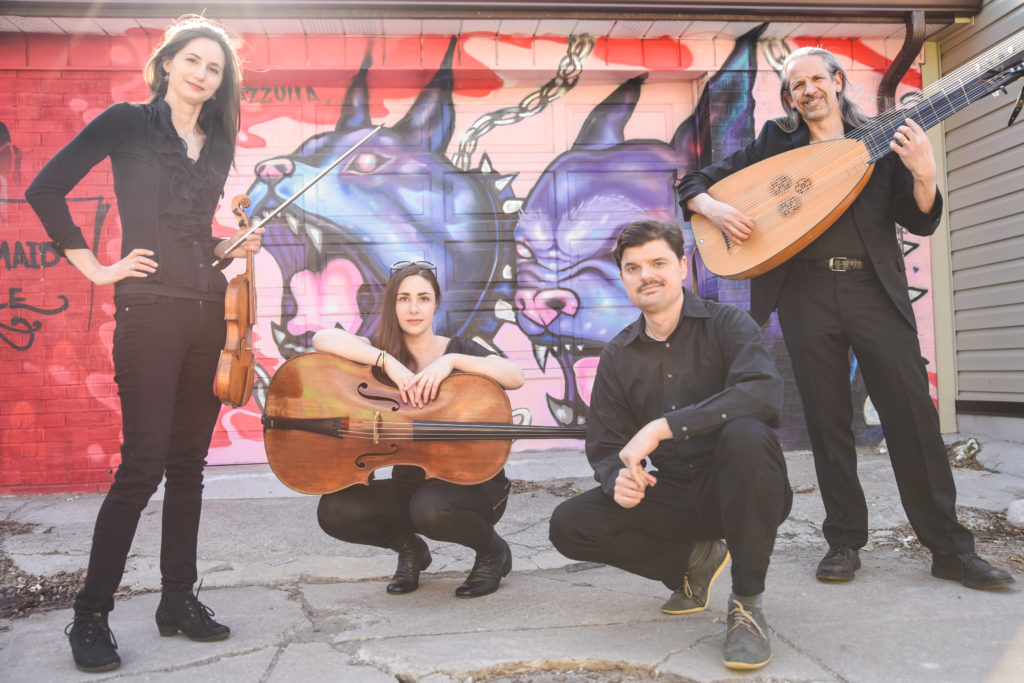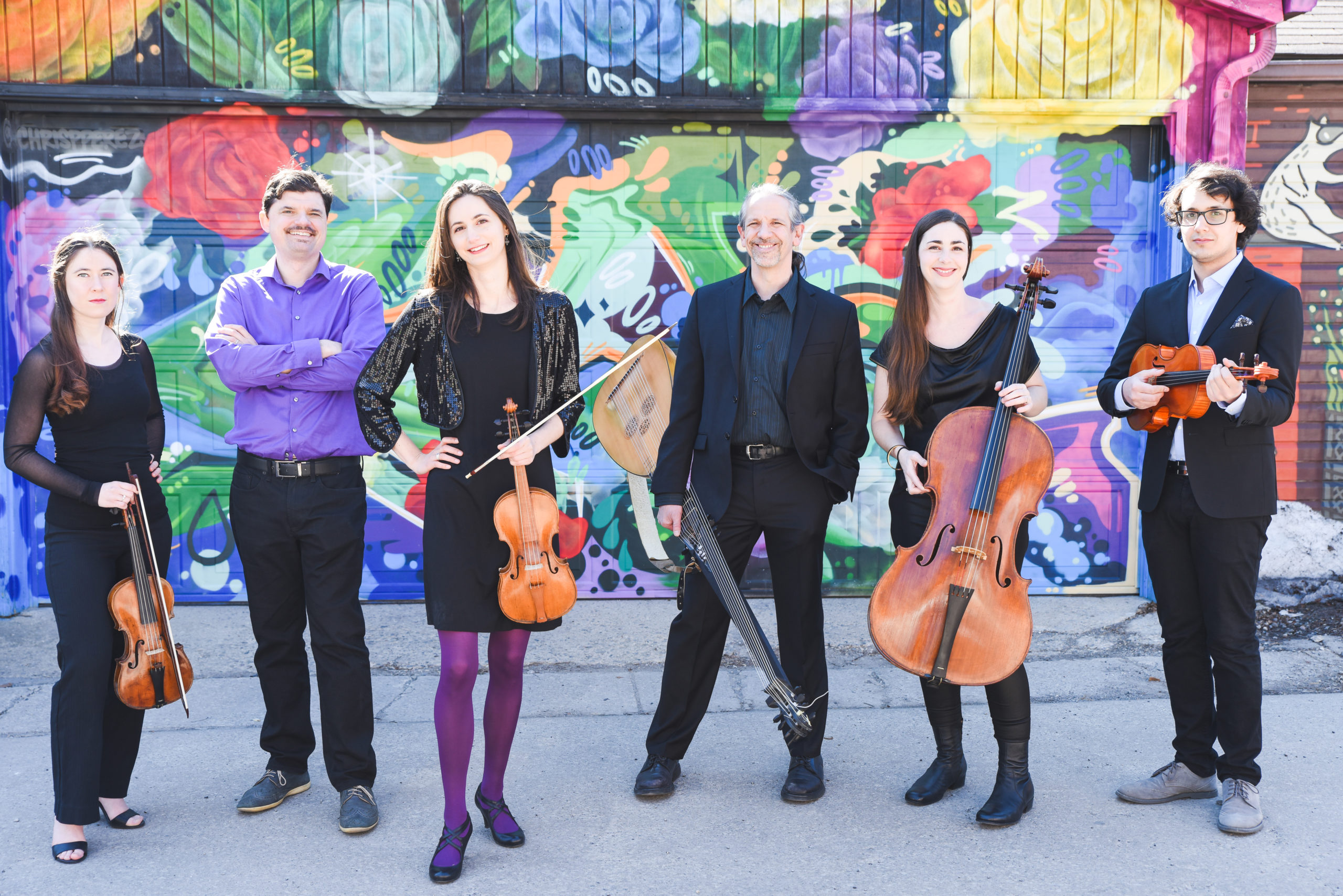David Podgorski is a music teacher, a graduate of the consecutive education program at York’s Faculty of Education, and the co-founder of Rezonance, a Toronto-based ensemble that specializes in Baroque instruments and music.
Podgorski and his wife, Rezan Onen-Lapointe, co-founded Rezonance in 2012 after finding a need to make high culture like Baroque music accessible to “people who really do feel intimidated by it.”
“Inspired by the past, informed by the present” is Rezonance’s motto.
Podgorski says there’s no real way to break into that world unless you have a certain amount of cultural capital and a certain education level. To that end, Rezonance not only plays in venues around Toronto, but it also does educational outreach, which includes public lectures. They also had plans for independent workshops, that is, until the pandemic hit.
Rezonance’s public outreach aims to help people who say they’re interested in classical music but don’t know where to start.
Podgorski also points to the advent of YouTube as a means of making esoteric music less esoteric. Before, he would have to go to HMV to buy a record for $40. Now, so many records that were rare and hard to find have been interpreted “by the best musicians in the world,” where we now suffer from a surfeit of choice.
But the prospect of doing one’s research can be time-consuming — this is where Rezonance steps in. With the ensemble’s love of music and its willingness to connect with an audience, it’s more satisfying to connect with said audience than just “typing stuff into YouTube” hoping that it’ll provide what you’re looking for.

One major part of Podgorski’s pedagogical development is his year in the consecutive education program. Here, he fills in what is missing from music education: learning how to “establish a rapport with your students.”
Without a personal connection between those who don’t share the same cultural experiences, Podgorski says, “you’re not going to reach people, and at worst, you’re not going to get along.” For example, Podgorski teaches children who are born after 9/11 and can binge the entire Beatles discography in two weeks, while for their parents, the Beatles were a massive cultural phenomenon who radically changed the musical landscape.
The ability to bridge generational gaps and to sit down with someone who has a completely different cultural background are skills that York’s experiential program instills. For Podgorski, teaching is not “something you can really measure or grasp — people understand things differently because of their own personal history or personal talents.”
A lot of teaching is trial and error — it’s hard to measure productivity in an economically driven world. But with ventures like Rezonance, it’s not necessary to measure productivity, only accessibility.




